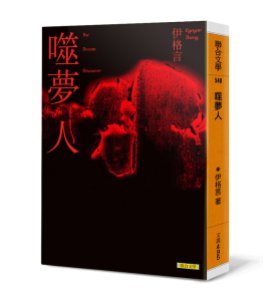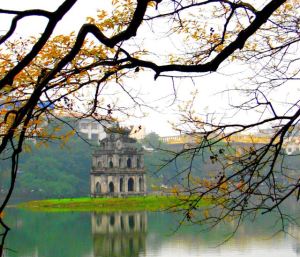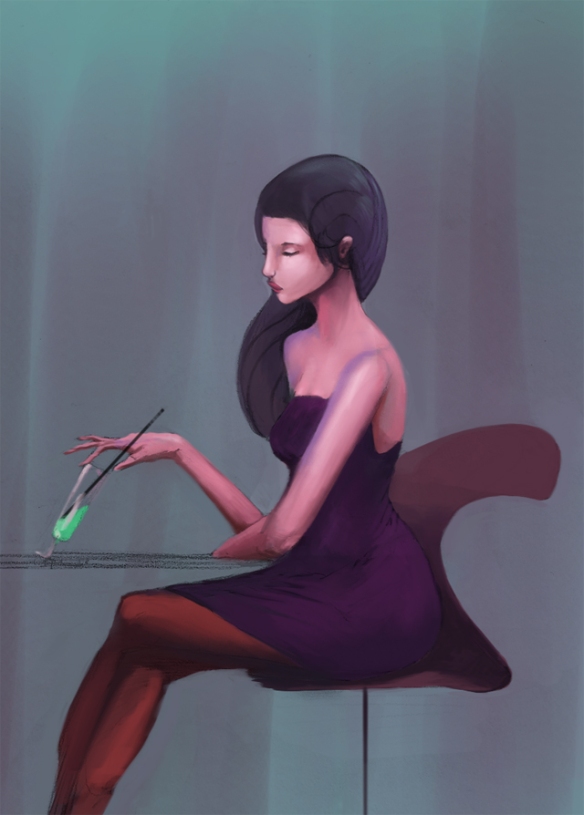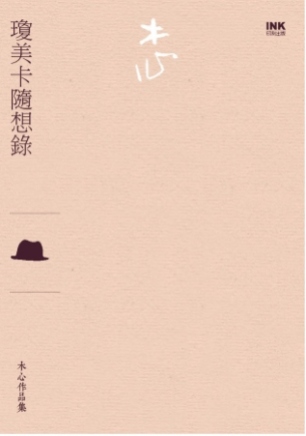OK, so I’ll start with the positives, this is not the worst film on the Mazu procession that I’ve ever seen, but that’s mostly because I had to trawl through the NTU vault of Taiwanese documentaries to write a review every week for my professor. The film makes a good (albeit an unquestioning and superficial) attempt at explaining what’s going on formalistically during the pilgrimage, which sets out from the north of Taiwan over 9 days, bringing Mazu, the sea goddess from her home temple to tour the island before returning home, followed by pilgrims hoping to get her blessing by carrying flags which they get blessed at every stop along the way. The film also made an attempt to explain why people were providing food and the different ways in which people participate in the pilgrimage, which already beats out the shaky student films that don’t even put Chinese subtitles, with only a brief, rather smug voiceover telling you the name of each bit in Taiwanese, but no explanation offered as to what it actually represents. You soon realize that this film was made with a specific purpose, however, and that purpose is encapsulated well at the end when the indefatigably cheerful presenter Richie Jen (a Mandopop star and actor, who finishes almost every sentence in the film with an 喔!/wo! a 加油!/jiayou! or a 辛苦啦!/sin-khó͘la!) sings a song which is as about as subtle as China’s foreign ministry: he changes the lyrics of his previous saccharine hit 〈對面的女孩看過來〉 (Look over here, girl [opposite]), to 〈對面的觀眾看過來〉(Look over here, audience [opposite]) into a marketing ploy packaging the Mazu procession for tourists from what I’m guessing he means by 「對面的觀眾」(the audience opposite), could it be… on the other side of the strait? (shock horror! Quick! Take siege to the theaters!).
[youtube http://www.youtube.com/watch?v=6aosRlnxg9I&w=420&h=315]
The changes aren’t limited to the title, he continues to drivel on about how cute Taiwanese people are, especially the old ones and the young ones (Yes, yes, Taiwan, we already got the memo… NO, BUT WE’RE REALLY FRIENDLY!!! REALLY REALLY FRIENDLY喔!!!!!… Yeah, you’re alright I suppose… NO, WE’RE REALLY REALLY SUPER FRIENDLY! SUPER FRIENDLY, LIKE REALLY REALLY FRIENDLY喔!!!!!… I know, I know, Taiwanese people are very friendly… THAT’S BETTER喔!!!!!!!). The film failed to examine any darker side of the procession, like the associations between mafia and certain temples in Taiwan, although it pretended it was going to for a while in Changhua with the promise of fights over the direction of the pilgrimage by local temples, though it ultimately led to nothing. Other documentaries on the subject go into this link in more detail, and it provides a more interesting perspective than this cutesy romp. It also failed to give any critical perspective on the social purpose of Mazu, or to question the beliefs of those taking part. This wasn’t in the film’s remit, however, as it was essentially a promotional video – a glorified travel program, representative of the ruling Kuomintang’s line on mainlanders, specifically, “let’s take them for all the money we can.”
2/10 (It at least made an effort to be understood)
That is all.







